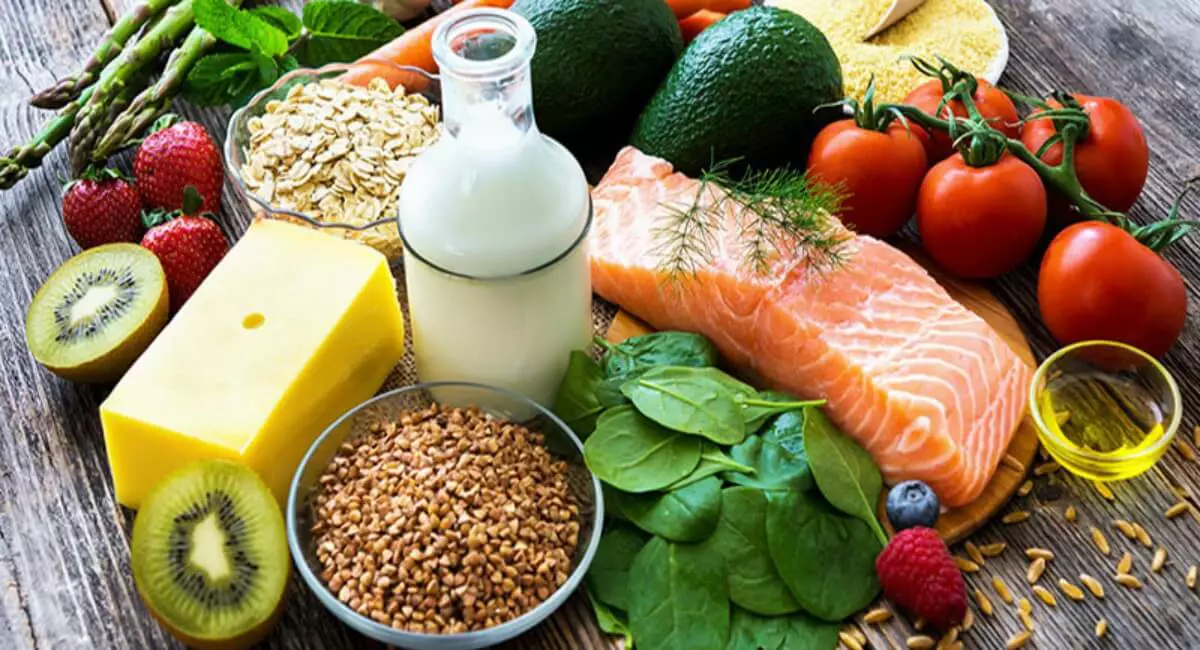When it comes to healthy eating, there are so many options. Some people will tell you that the best way to get a good diet is by cooking for yourself at home. Others say that buying fresh produce and making your own meals doesn’t work out financially in the long run. Luckily, there are plenty of ways to eat healthy without breaking the bank! In this blog post, we will discuss 10 foods that can be found in most offices and how they can help you satisfy your cravings for healthier food while not wasting money on expensive organic groceries or pricey pre-made salads from nearby stores.
Did you know that bananas are great for your health? They’re a good source of potassium and can reduce the risk of kidney stones. Bananas are also rich in soluble fiber, which has been shown to aid with weight loss by reducing appetite. This makes them one of my favorite snacks: I’ll just peel off some skin, break it into pieces (try not to leave any gooey spots!), put it in an airtight container, and store it in the fridge until ready to eat!
The key thing about this food is that it’s so versatile – try putting peanut butter on top or adding oats for a protein boost. If you want something sweet but healthy, mix mashed banana with cinnamon as well as cocoa powder and milk or yogurt for a healthy, filling smoothie.
In your office space make sure you have the correct safety precautions in place and purchase a fire extinguisher and keep your employees safe.
Bananas should be eaten when they’re ripe – not too green but also not too yellow (the latter being more likely to cause an upset stomach). If you want them to ripen faster, store them in the fridge.
Lemons contain vitamin C which is great for your immune system as it can help fight off viruses such as colds and flu. Lemons are acidic so if you’re eating one raw make sure that you have some water afterward! The juice from this fruit makes a refreshing drink on its own with lots of health benefits… It’s high in vitamin C and has antibacterial properties meaning it’ll keep any food fresh without rotting away as other fruits do not have this in them.
Lemons are also a great way to help maintain your weight and make sure that you’re eating fewer calories! The acidity from the fruit helps your body burn fat quicker after meals.
To use them in cooking, try adding lemon juice or zest (the skin of the lemons) into sauces for fish dishes such as salmon skewers with dill sauce. It’s important not to overdo it though because too much will give the dish an unpleasant sour taste.”
Citrus Fruit: Citrus fruits contain vitamin C which is essential for combating illness during the cold season.* Lemons have antibacterial properties meaning they’ll keep any food fresh without rotting away unlike other fruits that don’t have this in them and this is not a problem but can be a major issue for some people.

Fennel: Fennel is also known as anise and has been used in many cultures to help with digestion, sore throat, coughs and helps relieve menstrual cramps.* The seeds are located inside the bulb of the fennel plant which can be roasted or eaten raw in salads such as endive salad with oranges.
Kiwi Fruit: Kiwis have quite high levels of Vitamin C meaning it’s good for fighting colds during winter periods; they’re also high on vitamin E which promotes healthy skin – The kiwi fruit grows best near areas that are colder so if you live near these types of climates then this may not be possible but try adding them into your smoothies with spinach and banana for a delicious, filling breakfast.
Watermelon: This fruit is high on lycopene – its research has shown that this antioxidant may lower your risk of cancer by about 15-20%. It also contains citrulline (an amino acid) that promotes heart health so watermelons are very good and this means they’re also ideal for the office.
When storing food if you’re a supplier you should have a look at obtaining matting solutions and specifically Anti Fatigue matting solutions and also shipping foods such as fruits you need to make sure your packaging solutions are protected and secure to make sure your products are protected and allpack are a great for helping you find the best solutions for you.
Figs: Figs are a great source of calcium and fiber which promote heart health, as well as potassium to regulate blood pressure levels – it’s recommended that you eat 24 figs per day but we recommend eating them in moderation because they do contain quite high amounts of sugar.
Grapefruit: Grapefruits can be eaten fresh or used with other foods such as salads, juices, or soups – this fruit is best known for its ability to lower cholesterol levels; grapefruits have been shown to reduce triglyceride concentrations by up to 34%. This decreases risk factors associated with cardiovascular disease which means it’s perfect for the office!
Blackberries: Blackberries provide protection against cancer due to antioxidants.

